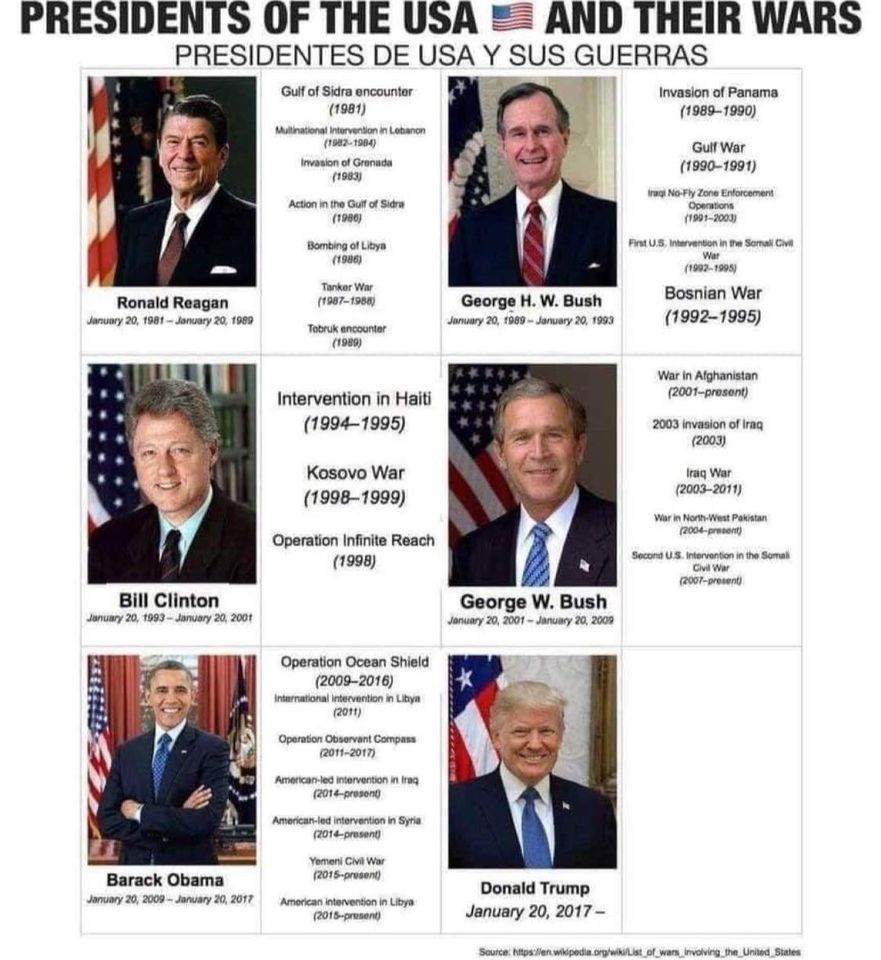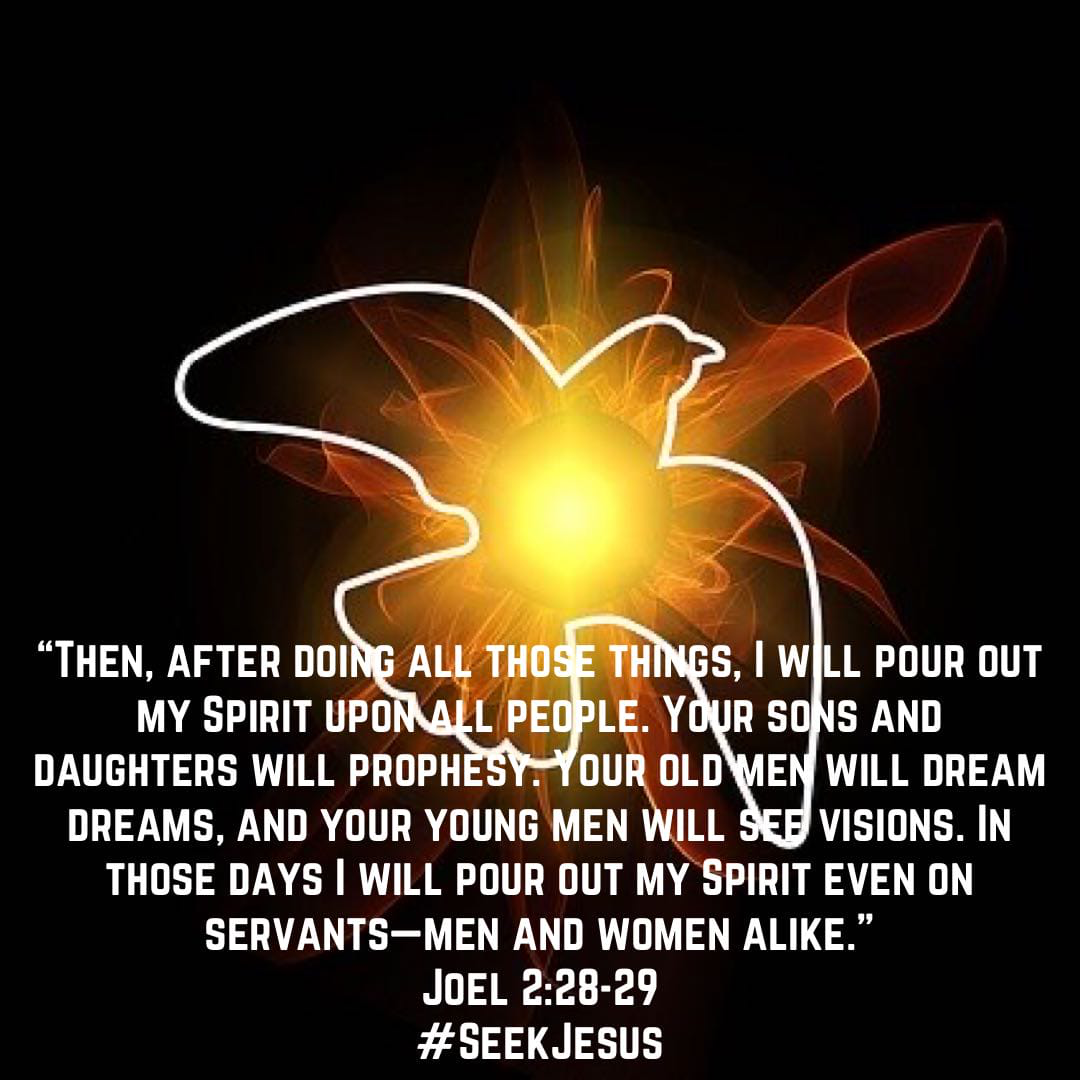MY WALK WITH GOD
"Howbeit when he, the Spirit of truth, is come, he will guide you into all truth:
for he shall not speak of himself; but whatsoever he shall hear, that shall he
speak: and he will shew you things to come."John 16:13
for he shall not speak of himself; but whatsoever he shall hear, that shall he
speak: and he will shew you things to come."John 16:13














 RSS Feed
RSS Feed

